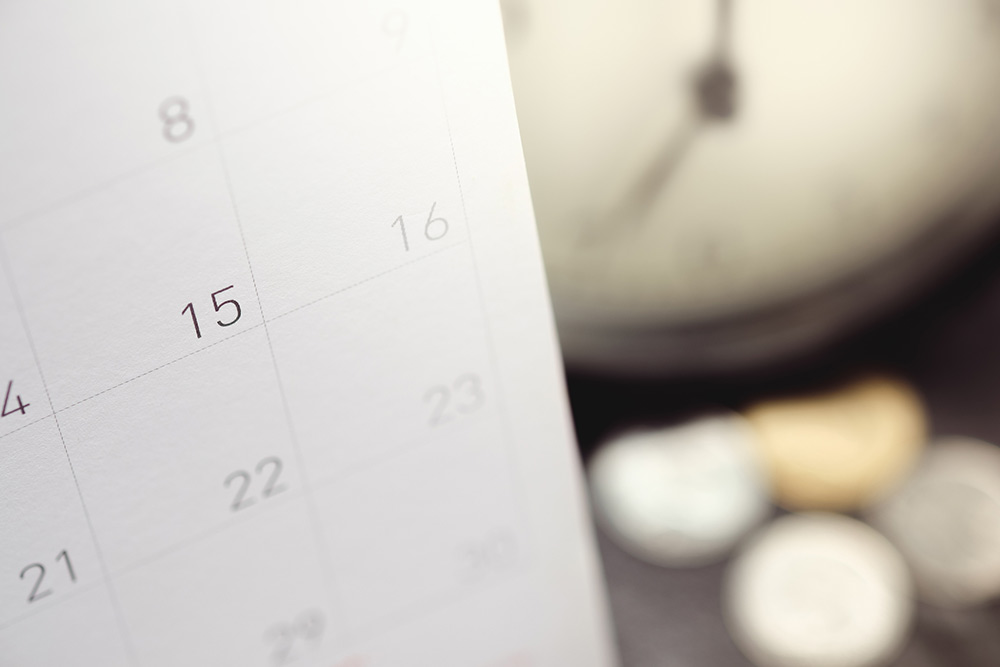
This content is for information and inspiration purposes only. It should not be taken as financial or investment advice. To receive personalised, regulated financial advice regarding your affairs please consult us here at WMM (financial planning in Oxfordshire).
Looking to put more money back into your pocket? People often think of their monthly budget when trying to increase disposable income, yet improving your tax plan can have equal – if not more – impact. Maximising your yearly “allowances”, in particular, can be a great way to save on tax and potentially increase real investment returns.
Yet you only have a short window to take advantage before many of this tax year’s unused allowances are lost. Below, we highlight two key allowances – your ISA and pension – in 2021-22 and show why it matters to act before the April deadline.
Your ISA allowance
Each year, you can put up to £20,000 into your ISA(s). Any interest, capital gains or dividends you generate within your ISA(s) will be tax-free. However, any unused ISA allowance is lost by 6th April when the new tax year starts. For instance, if you only put £10,000 into your ISAs by 5th April, then the opportunity to put another £10,000 in (to enjoy tax-free growth) is lost.
Of course, if you do not have £20,000 to put into your ISAs then there may not be much you can do. However, assuming you have the ability to maximise your ISA allowance, you should speak to your financial adviser about what to do – in light of your financial goals, situation and wider financial plan. For instance, you might want to put extra savings into a pension (covered below) rather than an ISA if your priority is building up your retirement fund.
Moreover, you will want to consider your other tax-free allowances when deciding upon the best course for your ISA contributions. In 2021-22, for instance, you can generate up to £12,300 in tax-free capital gains – outside of an ISA. Also, be mindful of using too much ISA allowance for cash savings. Remember, a Basic Rate taxpayer can earn up to £1,000 tax-free interest outside of an ISA before interest is taxed. ISAs do not typically offer better interest rates than regular savings accounts (except perhaps Junior ISAs, for those under 18). As such, you may want to commit more of your ISA allowance towards investments with potential for higher returns.
Your pension allowance
Every tax year, you can put up to £40,000 into your pension(s) or up to 100% of your earnings for the year (whichever is lower), depending on your level of earnings. Here, you have more flexibility than your ISA in terms of how much you can contribute since you usually can utilise any unused “annual allowance” from the previous three tax years. However, the end of the 2021-22 tax year still represents a loss of any unused allowance from the earliest tax year, in this case 2018/2019, where some considerable tax savings could be made.
Remember, any eligible pension contributions receive tax relief from the UK government (representing a big boost to your savings). For instance, a Higher Rate taxpayer receives 40% tax relief on their contributions – so, it only “costs” 60p to put £1 into his/her pension. One way to think about this is that any money that would have gone to the government in tax instead goes back into your pocket, in the future. This opens up to potential to save on tax in the short term whilst boosting your retirement fund in the longer term. For example, suppose you earn a £70,000 salary which puts £20,000 of your earnings in the Higher Rate bracket (leading to a £4,000 income tax bill if no action is taken). However, if you put the full £20,000 into your pension, then you save on the £4,000 tax bill and this money is, instead, put into your pension.
The pension tax reliefs available are balanced with any income you take, after the 25% tax free pension commencement lump sum, being taxed as PAYE. However, it can still be an effective way of passing on wealth to future generations, as pensions are usually considered outside of your estate for Inheritance Tax.
Invitation
Interested in finding out how we can optimise your financial plan and investment strategy? Get in touch today to arrange a free, no-commitment consultation with a member of our team here at WMM.
You can call us on 01869 331469


